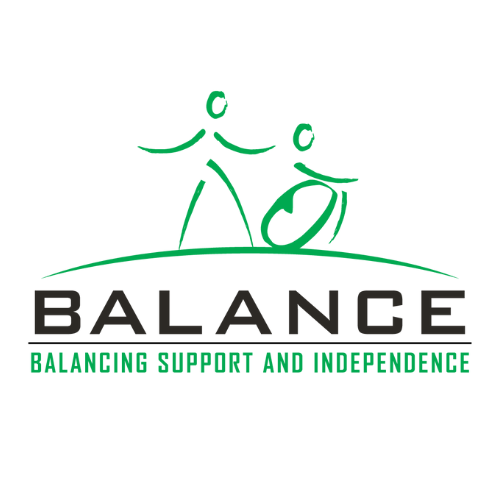How to Foster Independence In Adults with Intellectual and Developmental Disabilities
By Mallory
Mallory working at her desk
Fostering independence in adults with Intellectual and Developmental Disabilities (IDD) is important for their development and quality of life. It nurtures self-confidence, problem-solving skills, community participation, and self-identity.
Before we start, we need first to understand IDD. IDD stands for Intellectual and Developmental Disabilities- a group of disorders that are characterized by cognitive and physical impairments that can affect language, learning, mobility, and independent living.
Since every person’s disability is different and their needs are unique to them, understanding their needs enables family members, caregivers, and professionals can tailor their resources and strategies to help each person effectively.
In my experience, going to Shepherds College, a Christian post-secondary school for individuals with IDD, helped me develop these skills in ways I never thought I could.
Self-advocacy
One way to foster independence in people with IDD is to promote self-advocacy. This can look like giving them choices such as what to wear or what to cook for dinner. Encouraging emotional expression is another way to help them advocate for themselves. It not only helps them know that their feelings and perspectives matter, but also helps family members and caregivers understand them and validate their experiences.
Teaching them their rights and responsibilities is also essential for teaching them how to stand up for themselves and how to move in the world confidently.
Self-care skills
Another way to encourage independent living is to teach basic self-care skills such as grooming, hygiene, and health management. Nurturing these skills promotes personal autonomy.
Home skills
Familiarizing individuals with home skills such as cooking, cleaning, and basic home maintenance fosters independence and responsibility. One way that I have developed these skills is by doing them frequently. Doing them at home and while I was away at Shepherds College in the dorms and the apartments helped me develop my home management skills.
Money skills
Understanding basic financial concepts, such as how to create and stick to a budget, how to save money, and how to spend money wisely, is an important life skill. When I was at Shepherds College, they had a money skills class that taught me all of these concepts, which helped me learn how to manage my money better. In turn, I became better at controlling my spending habits (I love shopping, like, a lot).
Social Skills
Social skills programs offer support for individuals with IDD to understand social cues, develop communication skills, and how to navigate relationships. Social groups and volunteer opportunities create a sense of belonging and enhance social skills. Interacting with my college peers daily helped me better interpersonal and relationship skills
Public transportation navigation
Helping individuals with IDD safely navigate public transportation is an essential life skill and it instills broader independence. I know that public transportation can be daunting, but my Personal and Professional Development teacher at Shepherds taught me and my peers how to use public transportation and how to use it safely.
Conclusion
All of these and more can help people with IDD thrive in society and live a more full and abundant life where they can be as independent as possible.

